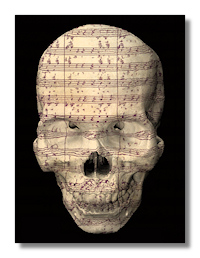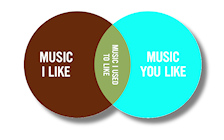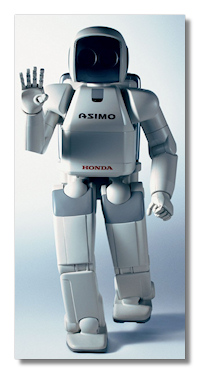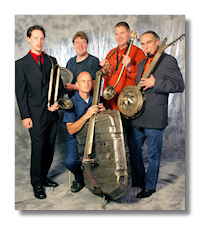
Linux-powered clarinet playing robot wins international prize
Entire computer-driven orchestras not too far away, says NICTA's chief technology officer
By Andrew Hendry
A team of experts and students from NICTA and the University of NSW have won first place in a major international technology competition for developing a robotically operated, computer-driven clarinet running Linux.
Developed over the last eight months, the automated clarinetist beat a Dutch developed guitar playing robot to the top gong in the Artemis Orchestra competition, thanks to its playing ability and the high level of complexity in its mouthpiece design.
Head of the project, NICTA's Dr John Judge, described the robot as an embedded computer system connected via specially constructed electronics to actuators – brass plungers with rubber nylon feet – that control the keys and mouthpiece of the clarinet.
Read more about this at the ComputerWorld website:
































